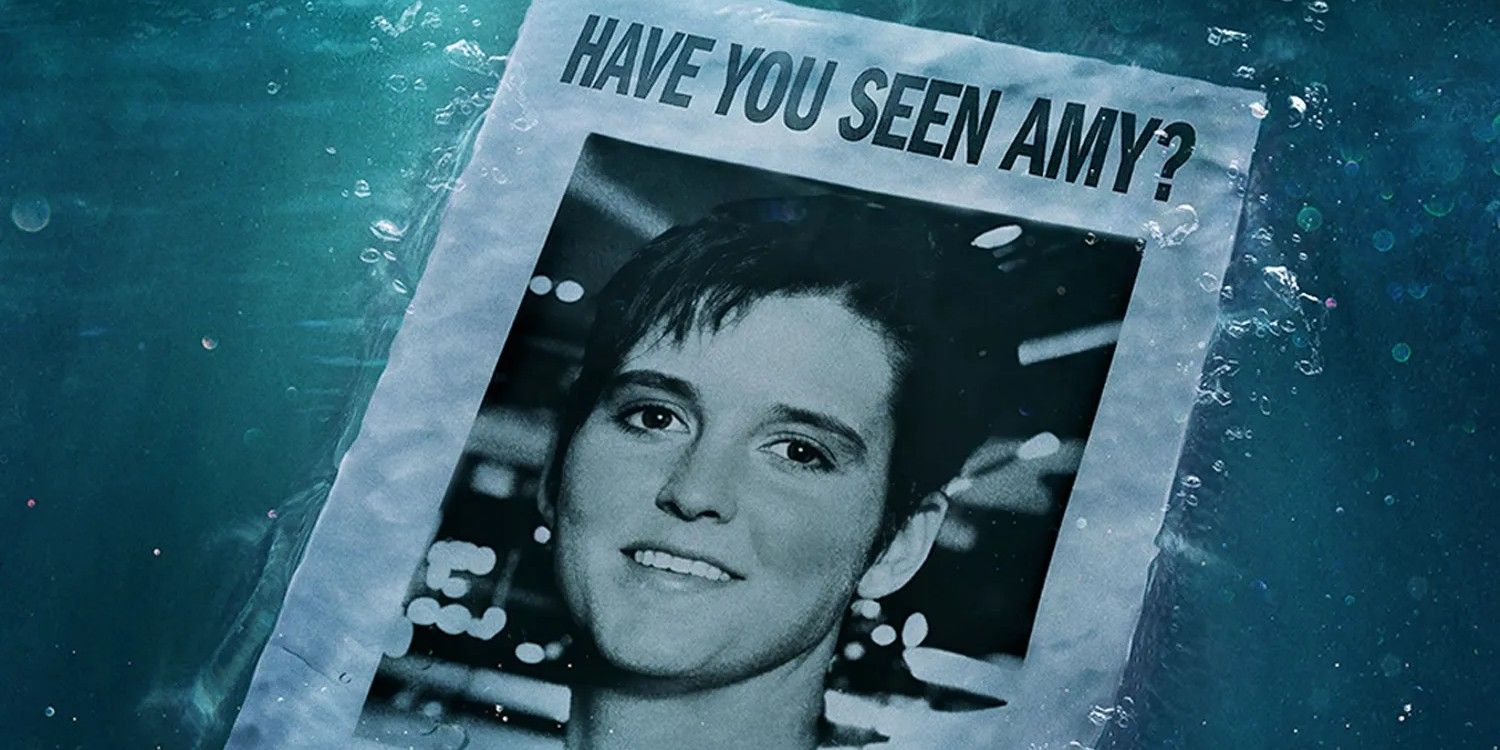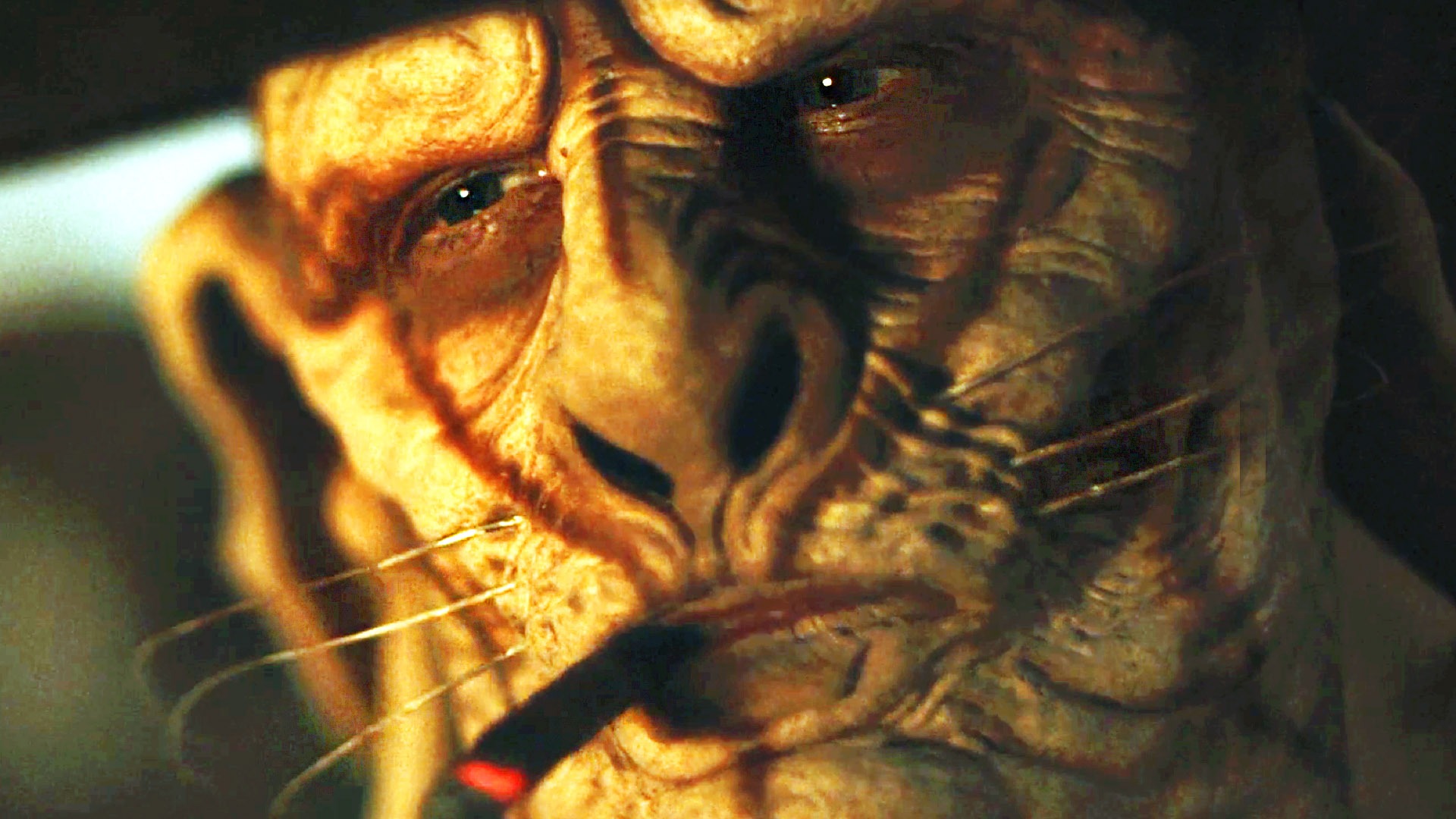A Grotesque Return to the Franchise
Alien: Resurrection is the fourth installment in the legendary Alien series, directed by Jean-Pierre Jeunet. Set two hundred years after the events of Alien 3, the film brings Ellen Ripley back to life—literally. Scientists aboard a military spaceship clone Ripley, played once again by Sigourney Weaver, in an attempt to extract the alien queen embryo that was inside her at the time of her death. But the experiment creates more than they bargained for, unleashing a new breed of Xenomorphs with terrifying consequences.
Ripley is no longer just human. The cloning process has blended her DNA with that of the alien, making her stronger, faster, and more instinctive—but also less emotionally human. Weaver delivers a striking performance, playing a darker, more enigmatic version of the iconic character, with an eerie physicality that reflects her hybrid nature.
The film’s tone is grittier and more grotesque than its predecessors. The atmosphere is thick with bodily horror, slippery textures, and nightmarish imagery. Jean-Pierre Jeunet’s direction brings a surreal, almost theatrical visual style, with twisted humor and exaggerated characters that divide audiences. The supporting cast includes Winona Ryder as Call, a rebellious android with a secret, and Ron Perlman as a foul-mouthed mercenary, adding offbeat energy to the crew.

While the film lacks the tight suspense of Alien or the military intensity of Aliens, it offers a strange and visceral experience filled with grotesque creature design and philosophical undertones about identity, creation, and monstrosity. The final act, featuring the birth of a human-alien hybrid, is as disturbing as it is tragic.
Alien: Resurrection is a bold but polarizing entry in the series. It’s messy, stylized, and deeply weird—but for fans of body horror and dark science fiction, it offers a fascinating, if imperfect, resurrection.


